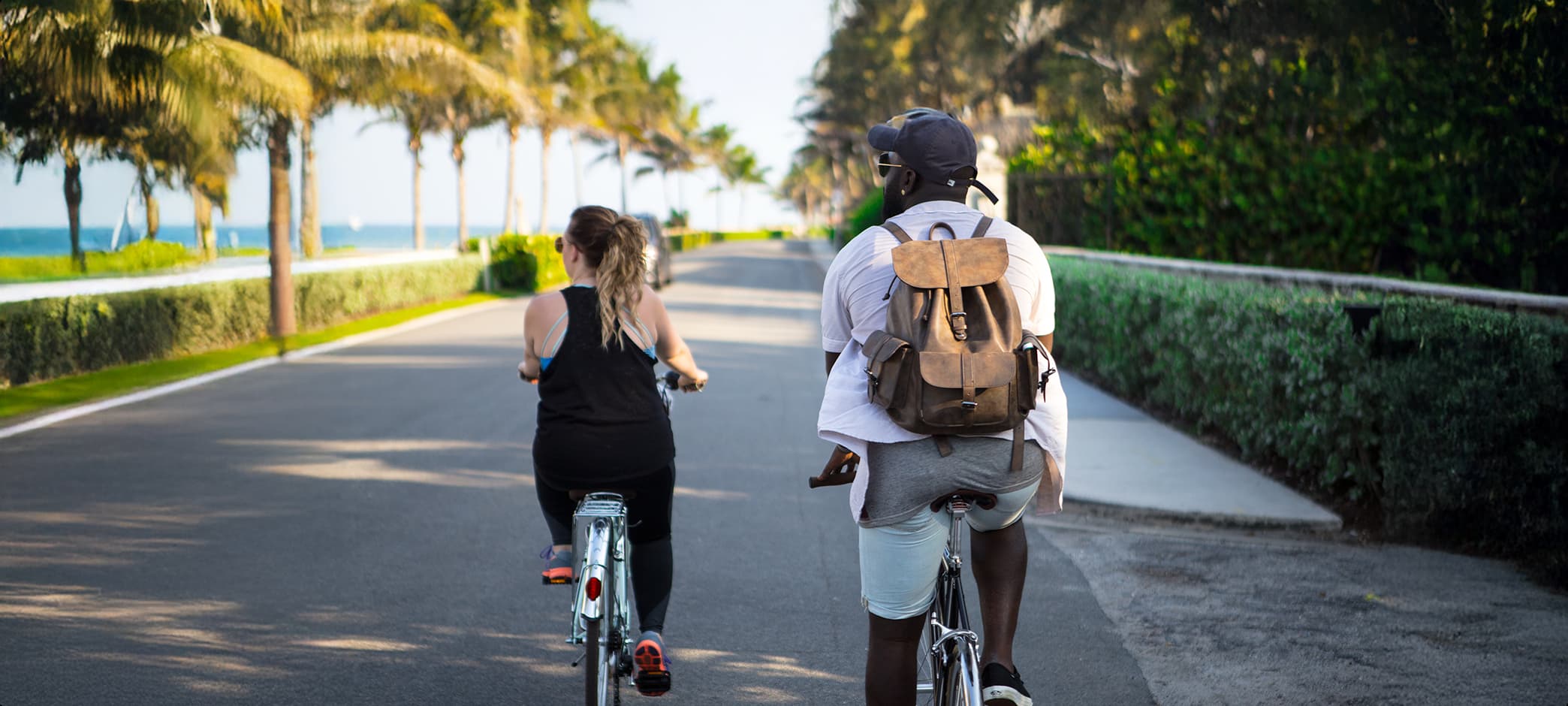Optimize Your Health

Guiding Florida Toward Better Health

Under the leadership of Joseph A. Ladapo, MD, PhD, State Surgeon General of Florida, the Healthier You initiative encourages simple, science-based habits that help every Floridian live stronger, longer, and healthier lives.
Dr. Ladapo’s career as a physician, researcher, and public health advocate reflects his commitment to empowering individuals through practical, everyday choices that improve overall well-being.
Florida 50-Day Challenge
Join us on a 50-day wellness journey, designed to engage you and all Floridians in small, achievable steps toward better health.
Florida 50-Day ChallengeProtect Your Smile
Keep your mouth healthy to prevent disease and support total body wellness.
Keep SmilingStrengthen Your Mind
Growing evidence indicates that people can reduce their risk for cognitive decline by adopting a healthier lifestyle.
Healthy Aging


